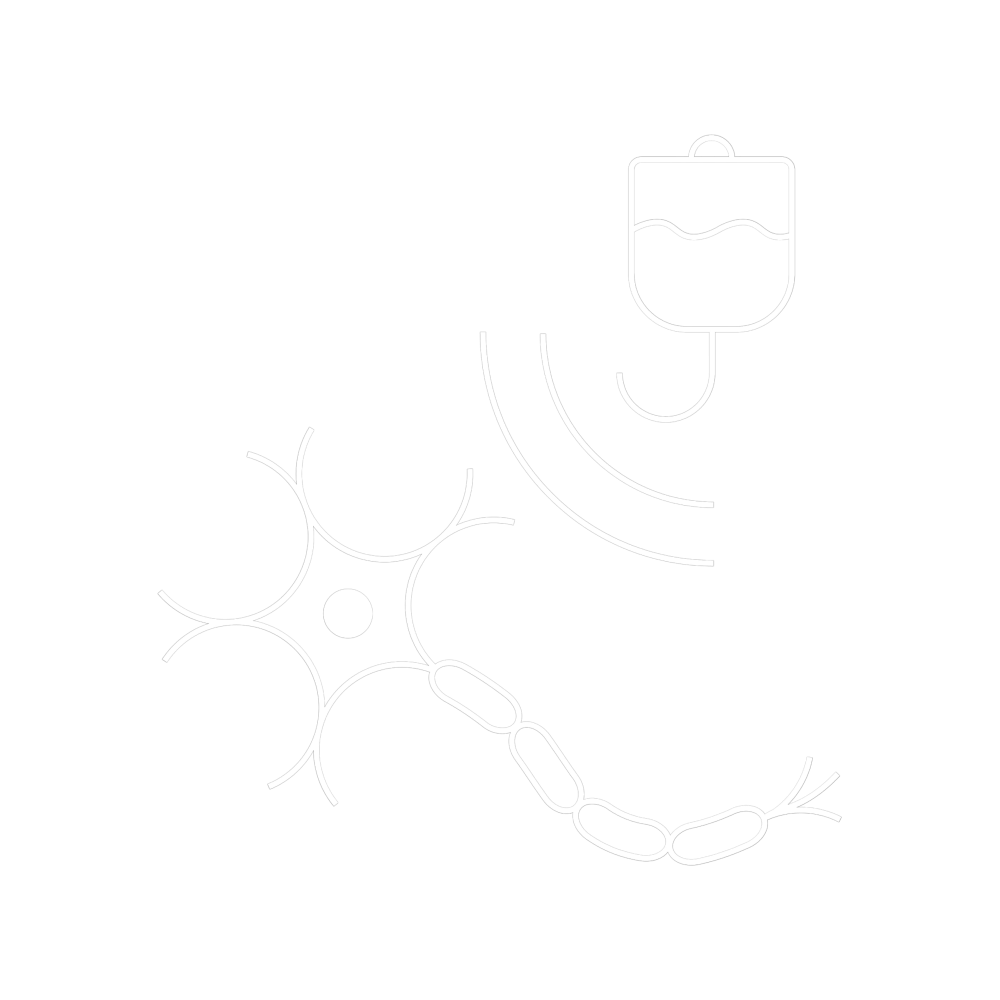Chemotherapy-induced neurotoxicities

Challenge: Understand and prevent chemotherapy-induced neurotoxicity and neuropathy.
We set this challenge in 2023, however, we did not fund a team to address it. We're not accepting new applications.
Please note that the description below reflects the challenge as set by our Scientific Committee in 2023; we understand that there may have been developments in the field between then and now.
Currently viewing section: Context
Context
Many patients suffering from cancer receiving cytotoxic chemotherapeutic agents such as platins and taxanes develop neurological toxicities such as peripheral neuropathy and ototoxicity, which can severely impact their day-to-day functioning and health-related quality of life. The effects on the central nervous system of chemotherapy can also lead to neurocognitive deficits in some patients with long-lasting consequences. This is commonly found after breast cancer treatment, for example. Despite this, there is limited understanding of why this occurs.
Understanding the biological mechanisms of these toxicities would provide insights into the impact of cancer therapies on neurobiology, enable the identification of biomarkers to predict patients at risk, propose strategies to prevent their occurrence, and offer therapeutic solutions to alleviate these debilitating side effects of chemotherapy.
Barriers and opportunities
Chemotherapy remains a mainstay in the treatment of many cancers. Chemotherapy-induced neurological toxicity severely impacts patients’ quality of life and may affect cancer outcomes by limiting clinicians’ ability to deliver adequate treatment.
Pre-clinical models and clinical studies have not led to any reliable way to predict those who are most susceptible to these adverse effects. Currently available preventative measures and treatment remedies have limited effectiveness and are not uniformly applied in the clinic.
This challenge calls for bold and novel approaches to gain understanding that could help to prevent and treat chemotherapy-induced neurotoxicities, including but not limited to:
- Establishing a comprehensive hormonal, molecular and immunological understanding of mechanisms underlying the occurrence of chemotherapy-induced neurotoxicities
- Developing reliable preclinical models to recapitulate these conditions
- Applying knowledge from other disciplines e.g., neurobiology to increase our understanding of the mechanisms of these toxicities
- Developing valid predictive biomarkers to identify patients at highest risk of peripheral neuropathy, ototoxicity and neurocognitive effects
- Proposing innovative measures to prevent and treat chemotherapy-induced neurotoxicities
Vision and Impact
This challenge will bring together a concerted effort to maximise our understanding in the pathophysiology of chemotherapy-induced neurological toxicities.
This will require an inter-disciplinary research team involving clinicians, molecular biologists, neurobiologists, biochemists, immunologists, and patient survivors.
The knowledge gained from this challenge will enable the development of hypothesis-driven clinical trials in the prevention and treatment of chemotherapy-induced neurological toxicity, rendering these side effects no longer dose-limiting in the treatment of cancer patients.
Plain language summary: Why chemotherapy-induced neurotoxicities?
Chemotherapy is a cornerstone in the treatment of many types of cancer. Although these therapies kill cancer cells, they also damage healthy cells, and can cause long-lasting side effects as well as long-term damage to the nervous system. This ‘neurotoxicity’ can severely limit patients’ quality of life and day-to-day functioning.
Our understanding of why this toxicity occurs is limited, and we don’t yet have a reliable way to predict who will be most susceptible to these side effects. This challenge calls for bold and new approaches to develop this understanding, ultimately to inform how we can prevent and treat chemotherapy-induced neurotoxicity. If we can prevent and treat these side effects, much-needed improvements can be achieved for people receiving chemotherapy.
